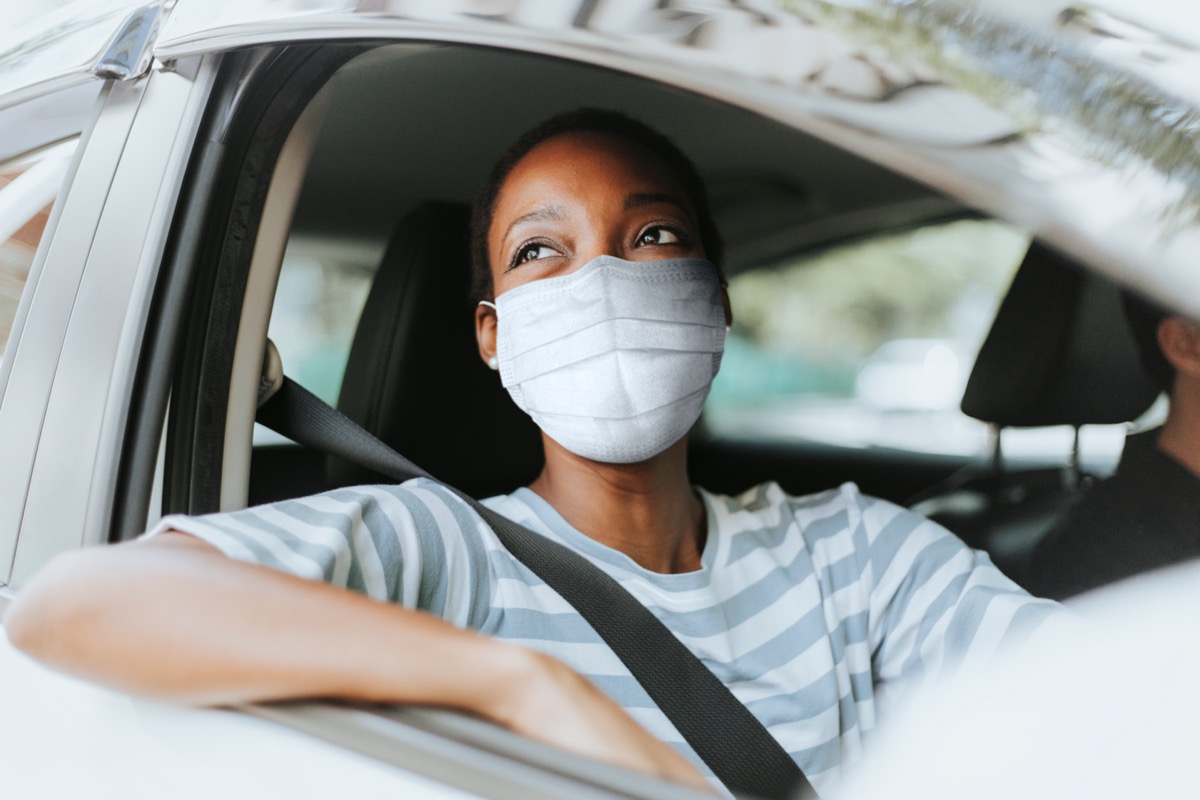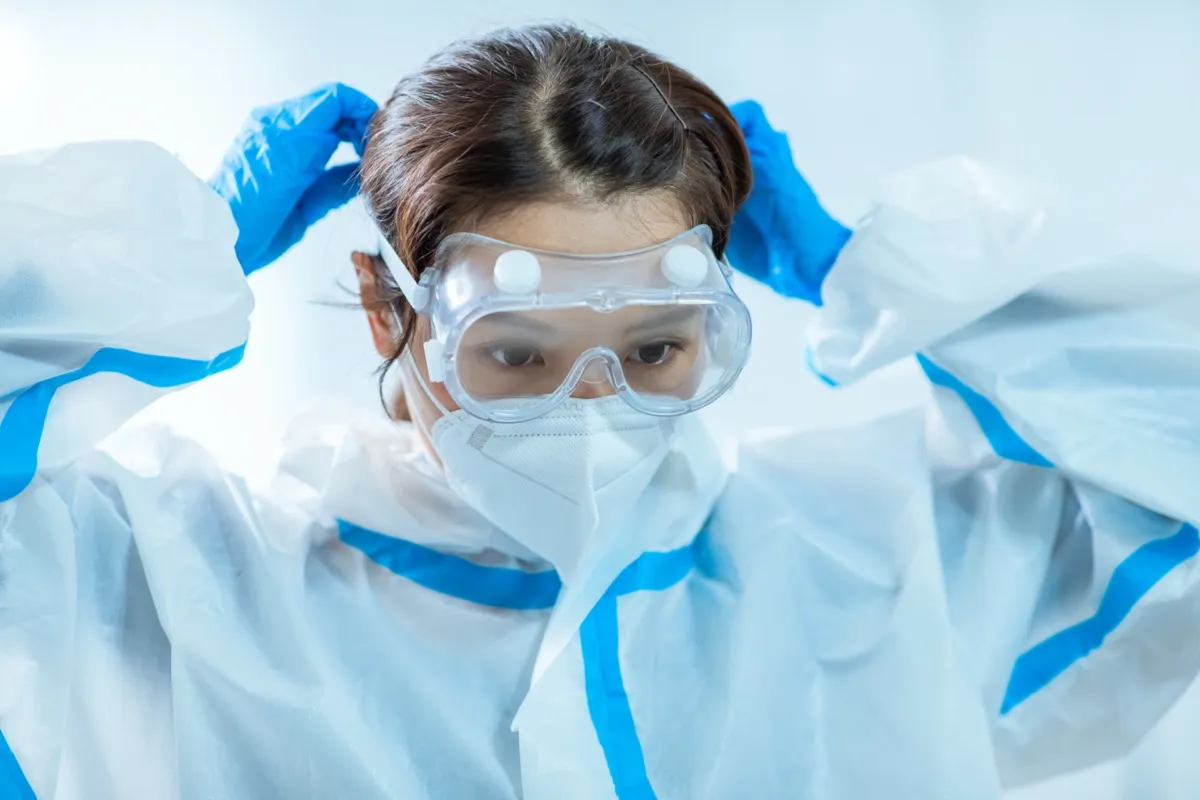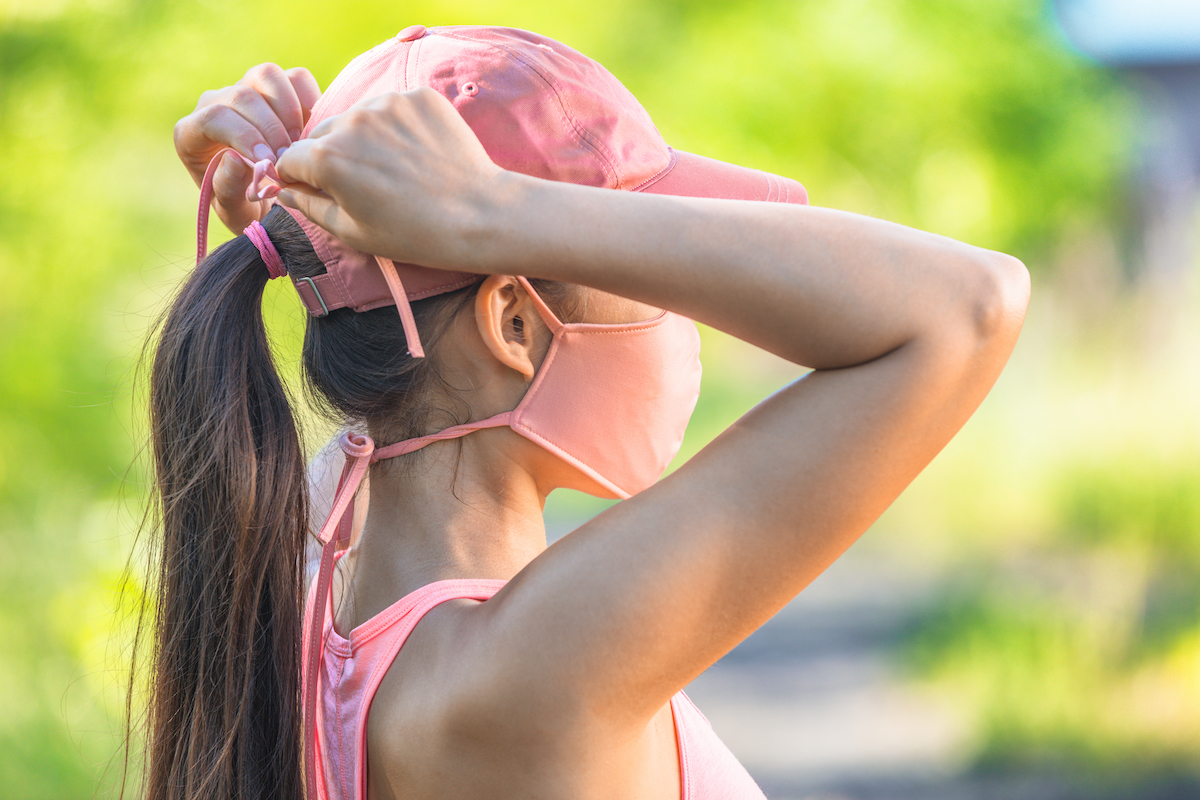In a new interview with NPR, Emanuel Goldman, PhD, a microbiologist at Rutgers University, reveals that frequently disinfecting surfaces to stop the spread of COVID may not be as beneficial as you think. Goldman explains that, on surfaces, the infectious material that might spread COVID between individuals “decays very quickly.” “In hospitals, surfaces have been tested near COVID-19 patients, and no infectious virus can be identified,” says Goldman. Kevin Fennelly, MD, MPH, associate program director of the pulmonary and critical care fellowship at the National Institutes of Health (NIH), who specializes in respiratory infections, tells NPR that, in focusing on surface disinfection, many people are ignoring steps that would be more effective in lessening the virus’ spread. “Why aren’t we doing more to figure out ways to ventilate those areas?” Fennelly questioned, highlighting better quality ventilation as a key way to keep COVID from spreading. He also noted that the use of ultraviolet rays capable of killing airborne virus particles would be a more productive investment of time and resources. While that doesn’t mean you’re off the hook entirely in terms of cleaning your home, you can, at the very least, likely skip your thankless daily grocery disinfecting routine. If you want to protect your health going forward, read on to discover which habits experts say you should practice to reduce your COVID risk. And before you get your vaccine, check out The One Side Effect Dr. Fauci Is Worried About With His Next COVID Shot. Read the original article on Best Life. Whether you’re taking a rideshare or carpooling with a colleague, if you’re riding in a vehicle with someone outside of your household, you’d be wise to keep the windows open, according to Anthony Fauci, MD. “Even though the person who’s driving the car and me both have masks on, I keep the masks on and keep the windows open,” Fauci told Rhode Island Gov. Gina Raimondo in a Facebook Live discussion. And if you’ve had COVID, you could find yourself dealing with The “Very Strange” Long COVID Symptom Experts Are Warning About. If you want to reduce your risk of contracting COVID, wearing eye protection might just keep you safer when you’re in the presence of people who may be sick. According to an Aug. 2020 review of research published in BMJ Ophthalmology, researchers found that just one percent of medical staffers who wore protective goggles developed COVID, while eight percent of those who didn’t wear goggles contracted the virus. And for the latest coronavirus news delivered straight to your inbox, sign up for our daily newsletter.ae0fcc31ae342fd3a1346ebb1f342fcb Think you can safely enjoy a communal meal with your loved ones? Think again. According to the Centers for Disease Control and Prevention (CDC), avoiding sharing utensils or partaking in meals served buffet- or family-style is important when it comes to limiting the spread of COVID. Instead, the agency recommends serving meals in “individual, pre-packaged boxes” or other single-person serving containers if you do choose to gather. And for more on the spread of coronavirus, Dr. Fauci Just Said These 3 Things Are About to Make COVID Worse. While wearing a mask is essential in the fight against COVID, not all face coverings are created equal. The CDC recommends wearing a mask that has at least two layers of breathable fabric and can be washed to rid it of any contaminants. And for more on masking up, check out The Most Popular Mask May Also Be the Least Effective, Study Finds.



